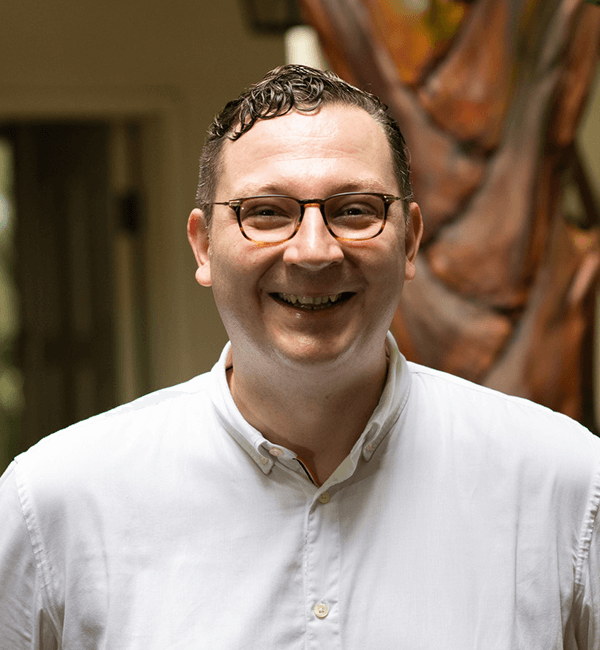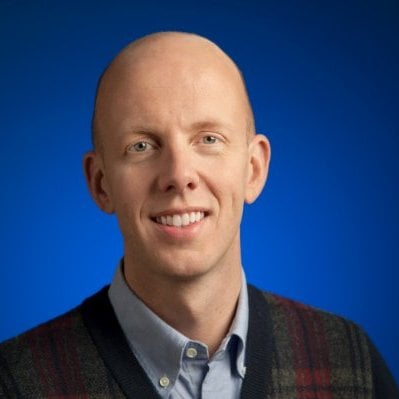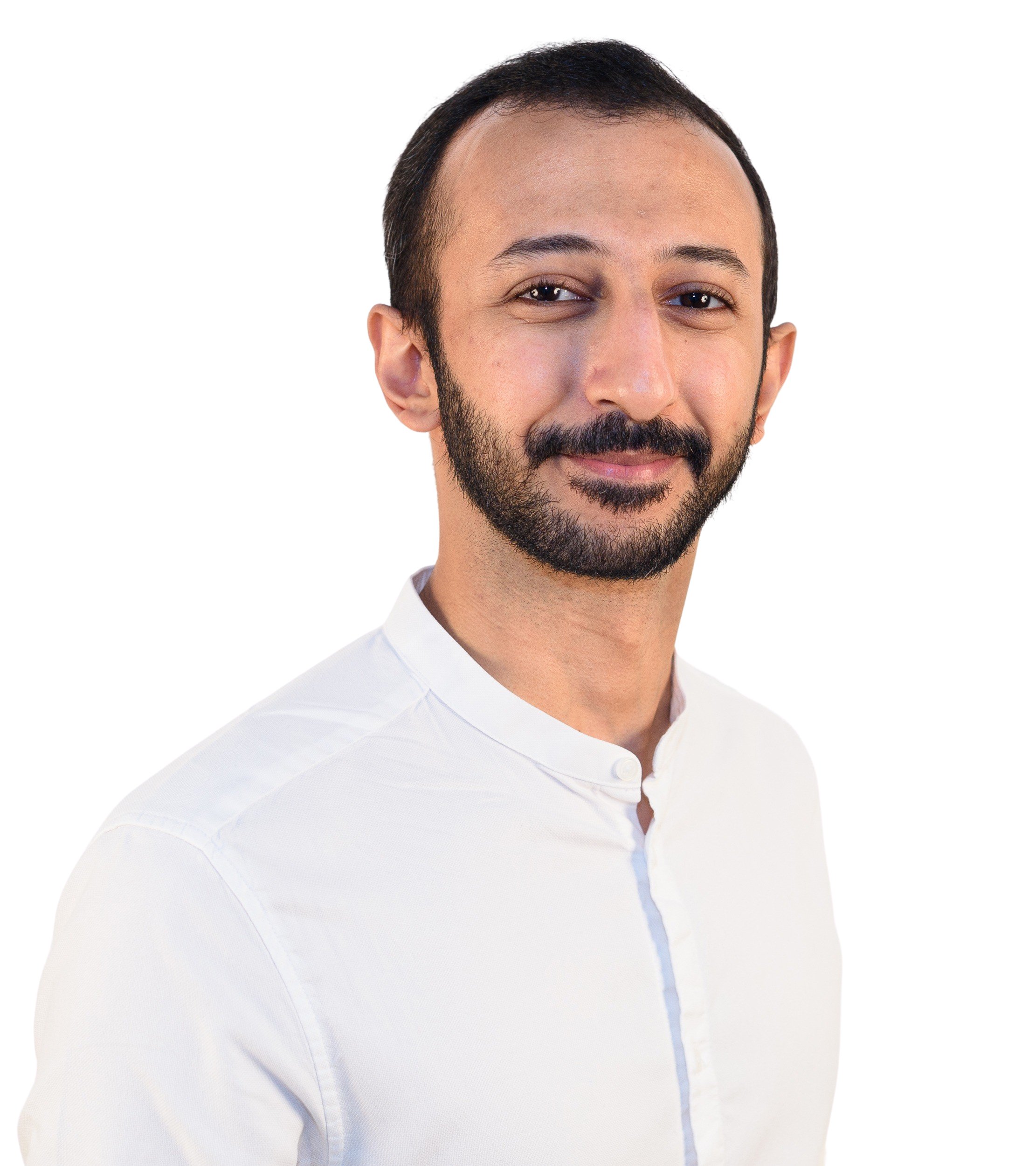To me the most important roles as an ally are to be vigilant, observe and speak up if one sees discrimination, to take an interest for the different communities and to become a role model for others to follow.
Xaver Niels Rustemeyer

Xaver, do tell us a little more about yourself, your personal and professional background
I was born in Frankfurt am Main (Germany) and grew up in a little town just outside of the big city. Together with my older half brother, I was raised by my single and full-time working mother and learned very early how to be responsible, independent, and caring. I come from a very internationally orientated family: for example, my mother grew up in Brazil and later lived in Tokyo and Hong Kong.
Tolerance, openness, and curiosity were the core values I grew up with.
I first came to Singapore in 2005 for a semester abroad at Nanyang University for my studies in International Management. After returning to Germany, I worked for two years at a subsidiary of BASF, but I felt I needed to return to Asia.
I quit my job and permanently relocated to Singapore in 2008 to work for a family-owned industrial conglomerate where I was in charge of implementing a Customer Relationship Management programme across South-East Asia for the organisation’s various companies. I later expanded my role to oversee Environment, Health and Safety (EHS) for some of the subsidiaries.
In 2017, I left the company to start the EMC programme at INSEAD and to take some time to reflect and re-align my future career.
Today I am an independent consultant in Diversity, Equity, and Inclusion (DEI) and I help organisations with my expertise in Change Management/Organisational Psychology to either start or move along their own DEI journey.
I recently expanded my knowledge in DEI by becoming a certified expert accredited by Cornell University. Together with my Indian husband, we live in Singapore. I enjoy bird watching at Sungei Buloh Nature reserve and (when restrictions allow) spend time with my friends. Fun fact: I enjoy collecting antique silver and cleaning it.
What made you decide to pursue the EMC programme at INSEAD?
After working for almost 10 years for the same company, I reached a point in my career where I was not sure about my future and my place in the organisation anymore. I felt a growing frustration about the work I was doing and how it affected my personal life.
From a personal perspective, I was never able to be my true self in the organisation, meaning I was out to my friends and family, but I never disclosed my sexual orientation to my colleagues or superiors.
Only later did I learn that the separation of the personal and the professional life is a coping mechanism to avoid discrimination and therefore a huge factor to induce stress.
From a professional perspective, I looked at the past projects I was running and analysed what they had in common: change. I helped my employer to understand their customers better and how to provide better service by changing sales processes, for example.
From an EHS perspective, I changed our employees’ behaviour to work in a safer, more responsible and sustainable way. Lastly, I was always interested in human behaviour and psychology. It did not take a lot of research to find the right programme for me to combine my personal, organisational and psychology interests: the answer was EMC.
Has the programme changed your perspectives? If so, in what way?
EMC has fundamentally changed my perspectives in many ways. At first it was a little bit ‘scary’ to leave my old job behind and fully immerse myself into the world of academia. Here I acknowledge my privilege to have been able not to rely on a monthly salary.
For the first time, I was able to be my true self in a safe space and to experience a diverse and inclusive environment.
I met open and curious fellow students from around the world and we all shared the same objective: to explore our own behaviours, to understand our existing or previous roles in the corporate world and to ultimately learn the tools how to help others. For me, EMC opened a gateway to discover what lies beneath change management, what are the drivers and the resistance to change and to learn from each other.
During the learning process, I was able to heal some old wounds and I started to reflect on my very own purpose and meaning in life. For that reason, I decided to write my master thesis on the psychodynamic effects of transgender professionals in and for organisations.
I chose that topic as I felt that my work might not only be helpful for all members of the queer (LGBTQ+) community, but also for our society to become more diverse and inclusive. Looking back at that time in EMC, it was not always easy and there were times where I had to deal with micro aggressions and discrimination – but I am confident that with continuous education and being a role model, we all can make a difference.
During your time at INSEAD, you were an active member of OUTSEAD. Could you tell us a bit more about this?
My most active time for OUTsead was in fact only after I graduated.
During my time at INSEAD I was aware of the LGBTQ+ community at the school, but due to the modular design of EMC (mostly over weekends) it was not possible to participate in many of the OUTsead events and activities. Most of the members of OUTsead come from the MBA programmes – I was the only openly gay participant in my class. After graduation, however, I wanted to join an OUTsead Alumni Club. But I learned that no such club existed under the National and International Alumni Associations.
With my newly found purpose I reached out to several Alumni and Professors and decided to found the first OUTsead Alumni Club under the NAA in Singapore and became their first president. Together with my leadership team, we built the club from scratch. We started by defining the clubs’ purpose, vision, and mission, which is to provide a platform for the LGBTQ+ community and its allies to support each other professionally and socially, and to advocate for an inclusive and diverse environment. Through hosting several events, such as panel discussions, workshops on resilience and private social events we were able to grow the number of our members.
Unfortunately, as of today, the NAA in Singapore in its current legal structure is no longer able to support our activities (the same applies to the Women in Business Club). We all hope this will change in the future as DEI is a core value of INSEAD and should be lived not only for the current students but also for all Alumni.
How does OUTSEAD support their members?
As a student, OUTsead brings together everybody who identifies as a member of the LGBTQ+ community and their allies. You will experience a safe space and meet curious and open-minded people. The student club organises several events throughout the year – from ‘Diversity Week’ to career events. I am currently working to continue to grow the network of OUTsead Alumni Clubs. My goal is to establish OUTsead as a global club and help others to found clubs around the world – not only at the campus destinations.
My ambition is to create a network of LGBTQ+ professionals and their allies to get in contact, share experiences, get advice through mentorship programmes, and ultimately sponsor future students. In addition, we would also like to follow the concept of ‘continuous learning’ and actively engage with other organisations and play an active part in creating knowledge.
I am confident that with a combined effort of all Alumni, we will succeed to establish INSEAD as a leader and role model in diversity, equity, and inclusion.
Can partners/spouses be a part of the club?
Short answer: no. As any other club under the National Alumni Associations, it is open and limited to all INSEAD Alumni to join. However, we do encourage partners and spouses to attend events as guests, where possible. From my experience at EMC, partners and spouses play an important role and should therefore also be invited to social events.
What do you think is the most challenging aspect for the LGBTQ+ community in the workplace?
I would like to include all members of historically marginalised groups in the answer to this thoughtful question, as we all face similar experiences.
The most challenging part for organisations is to create a safe space and to live (and not only talk about) diversity, equity, and inclusion.
DEI must be linked to the purpose and the core values and must be visible throughout the entire company. That starts from transparent hiring procedures, to equalising internal policies and procedures and to continuously educate the work force about what it means to be inclusive. I have seen from my own experience how a non-inclusive workplace can lead to frustrations, anxieties, stress, and mental health issues.
For me the most challenging times were to deal with the daily micro aggressions. These can be little, mostly unconscious comments based on classic stereotyping and biases; the assumption for example that my partner must be a woman, because I look like a man. An additional challenge for members of the LGBTQ+ community is that the sexual orientation and in most cases gender identification is not visible to others. We have a choice to ‘out’ ourselves – many other marginalised groups do not.
Based on our learned behaviours and how our brain is wired, this will in many cases lead to false judgements of other people. My wish is that we all become more aware, break with stereotypes and be open to listen to each other stories.
How can individuals become an ally?
Allyship is an important, if not the most essential part in DEI.
Without allies, all members of historically marginalised groups cannot grow to their full potential. The interaction between allies and ‘us’ is a two-way street. As a member of the LGBTQ+ community, I see it as my responsibility to be open and to be there to answer questions – to me there are no silly questions. Further I have observed that sometimes individuals are unsure about what it means to be an ally. Here, we all need to work together to set expectations and help each other.
To me the most important roles as an ally are to be vigilant, observant and to speak up if one sees discrimination, to take an interest for the different communities and to become a role model for others to follow. For that, all OUTsead Alumni Clubs warmly welcome allies! Once the OUTsead Club has been reinstated, you can join through a simple online form.




